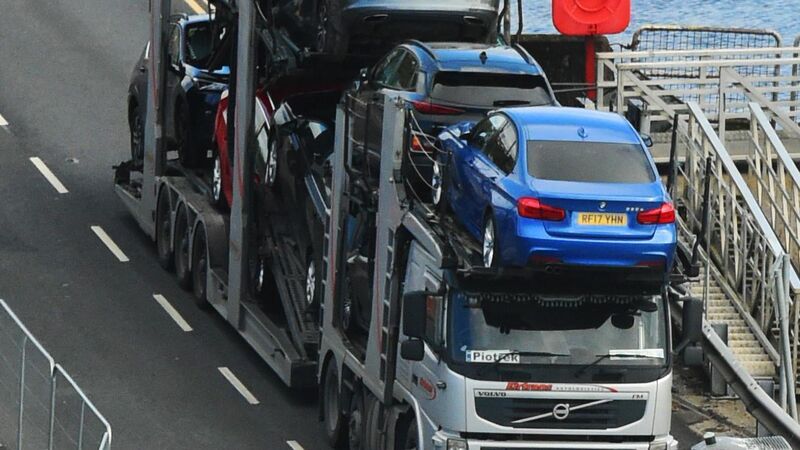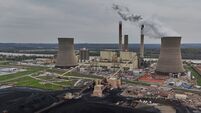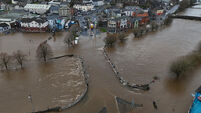John Whelan: Irish transport faces the hard Cop26 road

Road freight is the essential to the Irish economy, but it burns up a major part of all the diesel Ireland imports, and activity is projected to more than double by 2050 from the 2015 baseline. Stock Picture: Larry Cummins
As the 26th UN Climate Change Conference — more commonly known as Cop26 — gets underway in Glasgow, countries are being asked to come forward with ambitious 2030 emissions reductions targets that align with reaching net zero by the middle of the century.
Of particular interest and concern to Ireland will be any changes in policies to ramp up targets to reduce greenhouse gas emissions from agriculture and transport. These two sectors combined account for over half of emissions in Ireland, well above the global average. Both sectors are pivotal to our export industry, but they are also two of the hardest sectors to decarbonise.
CLIMATE & SUSTAINABILITY HUB














